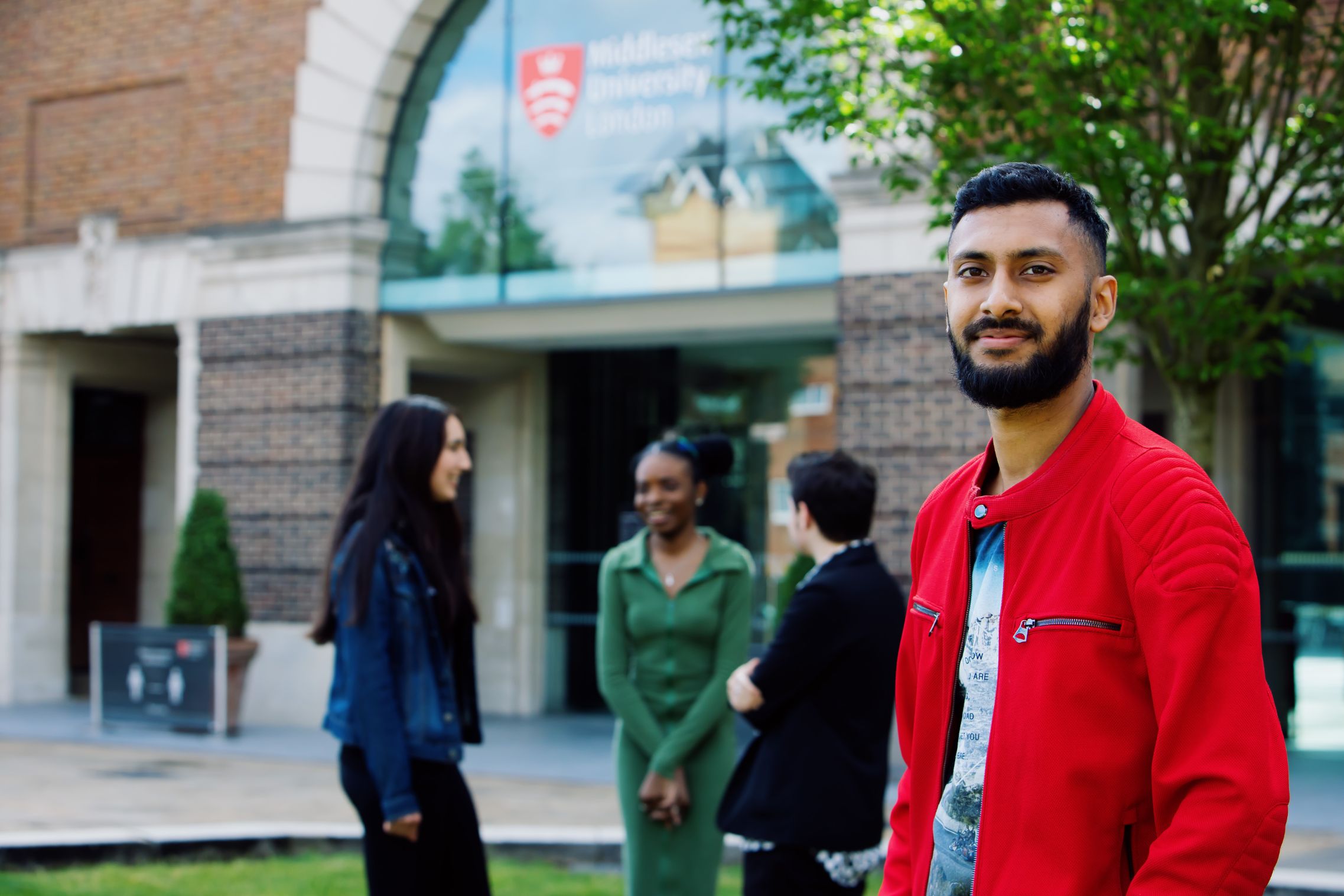Apply for a short-term visa
If you are studying at Middlesex on a course that is six months or less, then you can apply for a short-term study visa.
A short-term study visa is a temporary visa that allows you to come to the UK for a maximum of six months.
It is normally used for short English Language or summer school courses. A short-term study visa is not normally recommended for Pre-sessional English courses as you cannot extend the visa within the UK.
If your course is longer than six months then you must apply for a Student route visa.

Contact our visa advisors
We have a team of advisors on hand to answer your questions or concerns. If you have any questions about visas and immigration, book an appointment with Student Advice.
Why join us?
Start your application
Visit the UK Visas and Immigration website to apply for your visa in advance.

